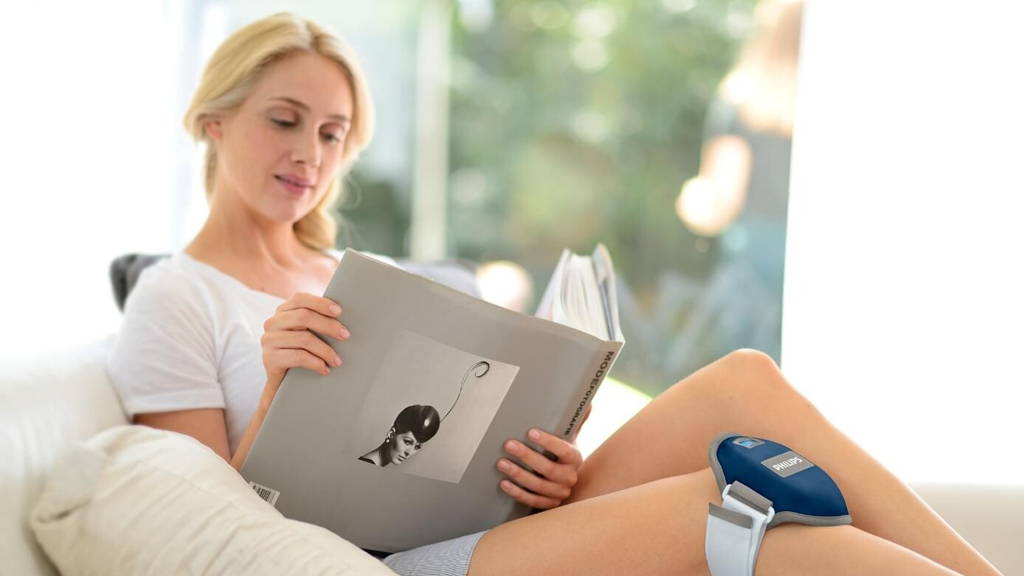Psoriasis is, according to the National Psoriasis Foundation USA, the most common autoimmune disease in the U.S. It affects some 7.5 million people nationwide, with a total of around 125 million people affected worldwide. Clinical studies have demonstrated that the UV-free blue LED light emitted by devices such as the Philips’ BlueControl wearable device, induces natural, drug-free processes in the skin to significantly reduce symptoms of mild psoriasis vulgaris.
This most common form of psoriasis couses symptoms such as redness, scaling and thickness of psoriasis plaques. Eighty percent of psoriasis patients worldwide suffer from the most common form – psoriasis vulgaris, also known as plaque psoriasis. It is caused by the overly rapid proliferation of skin cells and can be accompanied by painful inflammation.
Following the FDA clearance, Philips will start to engage with dermatologists and patient support groups in the U.S. and prepare for the commercial launch of BlueControl in the U.S. market in early 2018.
Philips BlueControl light therapy is enabled by high-intensity blue LEDs with tailored light settings. It helps the patient’s skin to renew itself properly by slowing down the accelerated production of skin cells associated with plaque psoriasis. With its anti-inflammatory properties, blue light controls unregulated inflammation and can alleviate the symptoms of affected skin [5].
This most common form of psoriasis couses symptoms such as redness, scaling and thickness of psoriasis plaques. Eighty percent of psoriasis patients worldwide suffer from the most common form – psoriasis vulgaris, also known as plaque psoriasis. It is caused by the overly rapid proliferation of skin cells and can be accompanied by painful inflammation.
Wearability provides freedom of movement
BlueControl’s wearability promises freedom of movement, according to a Philips’ press release. A patient can wear the rechargeable, battery-powered device on affected areas such as the arms, legs, elbows and knees using the adjustable straps. Philips obtained CE-marking for its BlueControl device in 2015, and has been marketing it in selected countries in Europe, including Germany and the UK.Following the FDA clearance, Philips will start to engage with dermatologists and patient support groups in the U.S. and prepare for the commercial launch of BlueControl in the U.S. market in early 2018.
Philips BlueControl light therapy is enabled by high-intensity blue LEDs with tailored light settings. It helps the patient’s skin to renew itself properly by slowing down the accelerated production of skin cells associated with plaque psoriasis. With its anti-inflammatory properties, blue light controls unregulated inflammation and can alleviate the symptoms of affected skin [5].






